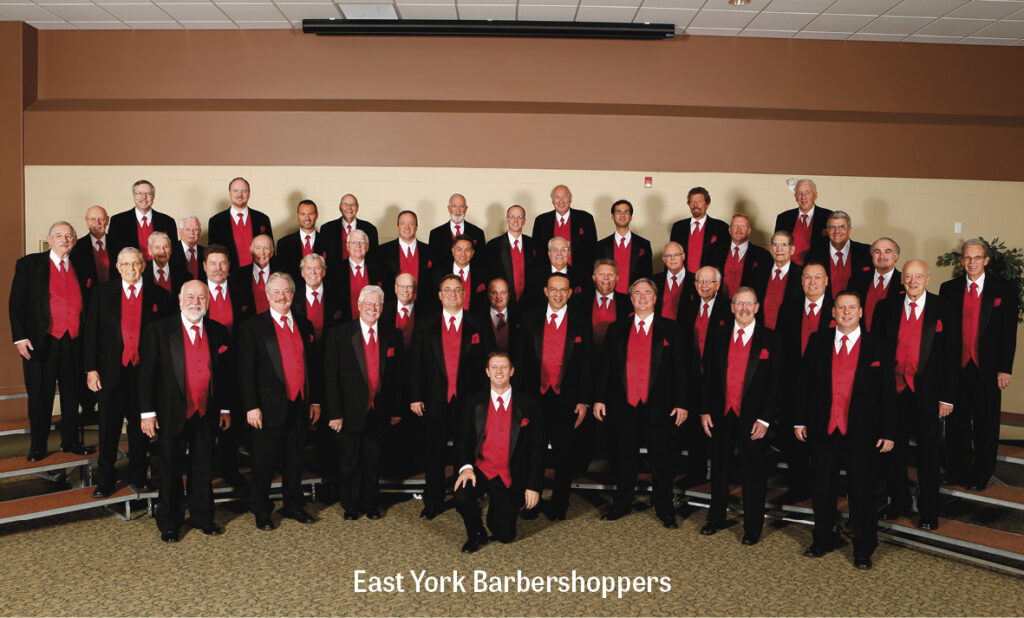By Benjamin Stein, Beat Columns
The human voice is an astonishingly versatile instrument, capable of an infinite variety of tones, timbres and inflections. Something primal in us is touched by the extremes of range in the sound of a coloratura soprano or a basso profundo; the virtuoso melismatic technique of a Hindustani or R&B soloist; the mysterious, elusive harmonies of Tibetan and Tuvan throat singing; and the street-corner, sandpaper tones of Tom Waits, Billie Holiday and Joe Turner.
We have an inexhaustible fascination with vocal music. Historical documents about music that ignore technical and artistic questions often go into great detail about the sound of voices. Today’s recording industry is centred around the sound of the human voice, and our ability to mechanically engineer and manipulate sound has reached an astonishing level of ease and complexity. Paradoxically our interest in music’s most basic expression, unaccompanied or a cappella singing, is unabated and may actually be increasing.
East York Barbershoppers: The awareness of tuning necessary to execute a cappella music, unsupported by instruments, can be a challenge even to experienced vocalists. In April I had the pleasure of attending a rehearsal of the East York Barbershoppers, in preparation for their May 23 concert. This event celebrates the group’s 65th year, which makes them one of the longest-running ensembles in the city. For more information see eybs.ca
Barbershop singing is an internationally popular a cappella genre of vocal music. It is notable not only for its particular nature – close harmony singing by male or female ensembles centred around (but not limited to) Anglo-American parlour song of the 19th and 20th centuries – but also for the rehearsal process that trains singers to listen and harmonize, and the continuing vitality of the art form all over the world. The USA-based Barbershop Harmony Society has roughly 25,000 members internationally, with chapters from Sweden to South Africa to New Zealand. Continuing to flourish without the aid of mainstream commercial promotion or institutional instruction, Barbershop has managed to sustain itself in the face of neglect on many fronts.


